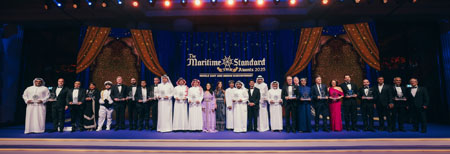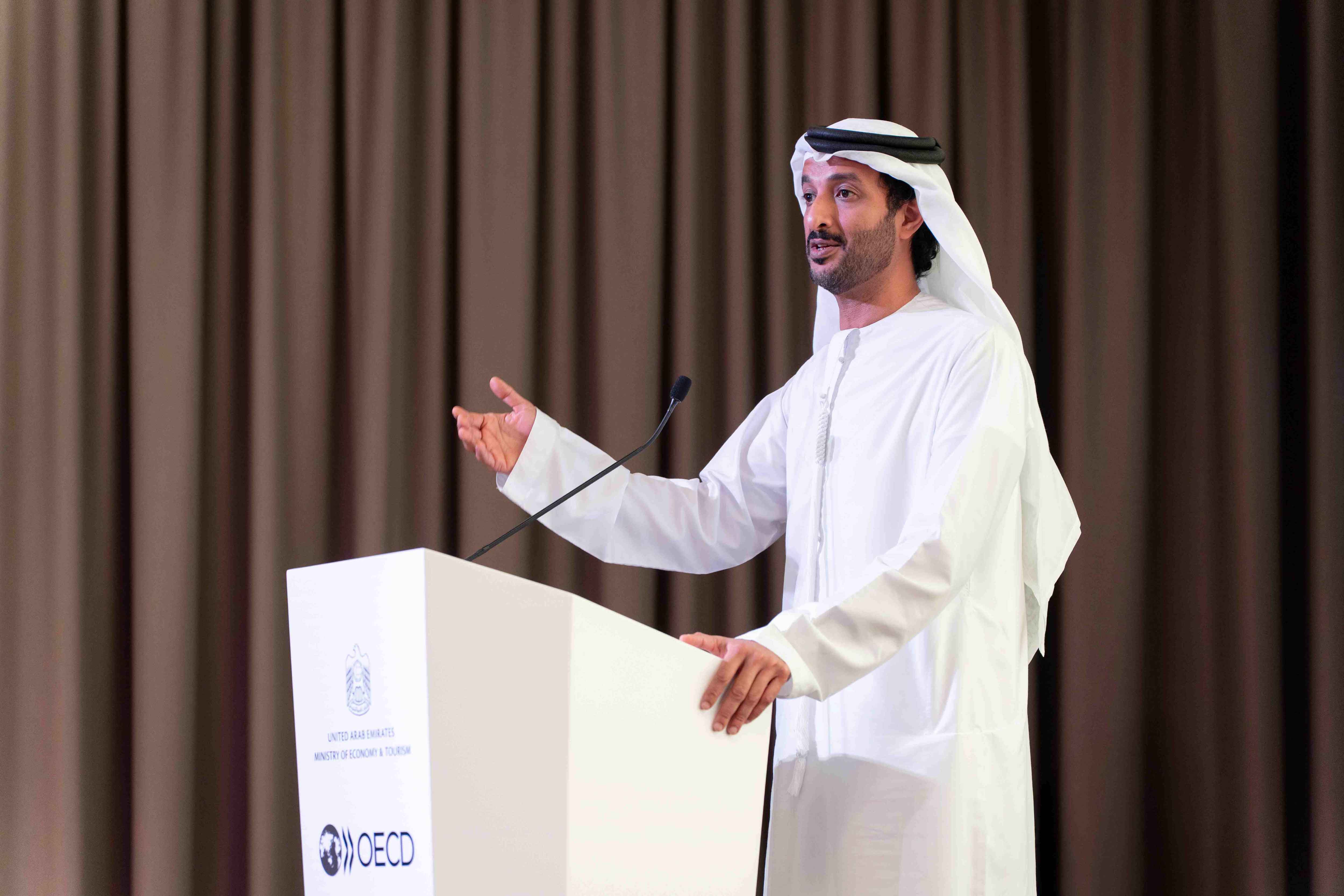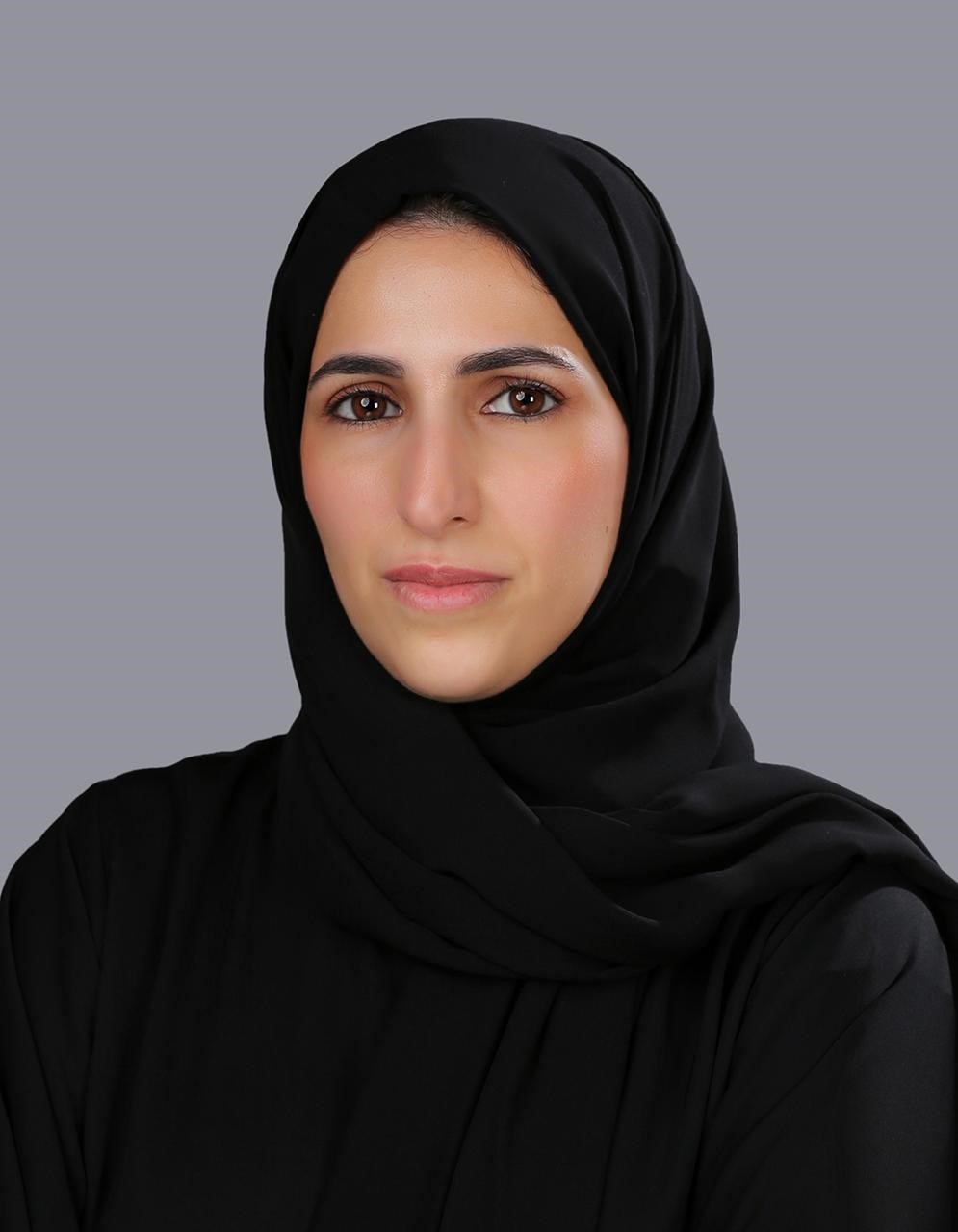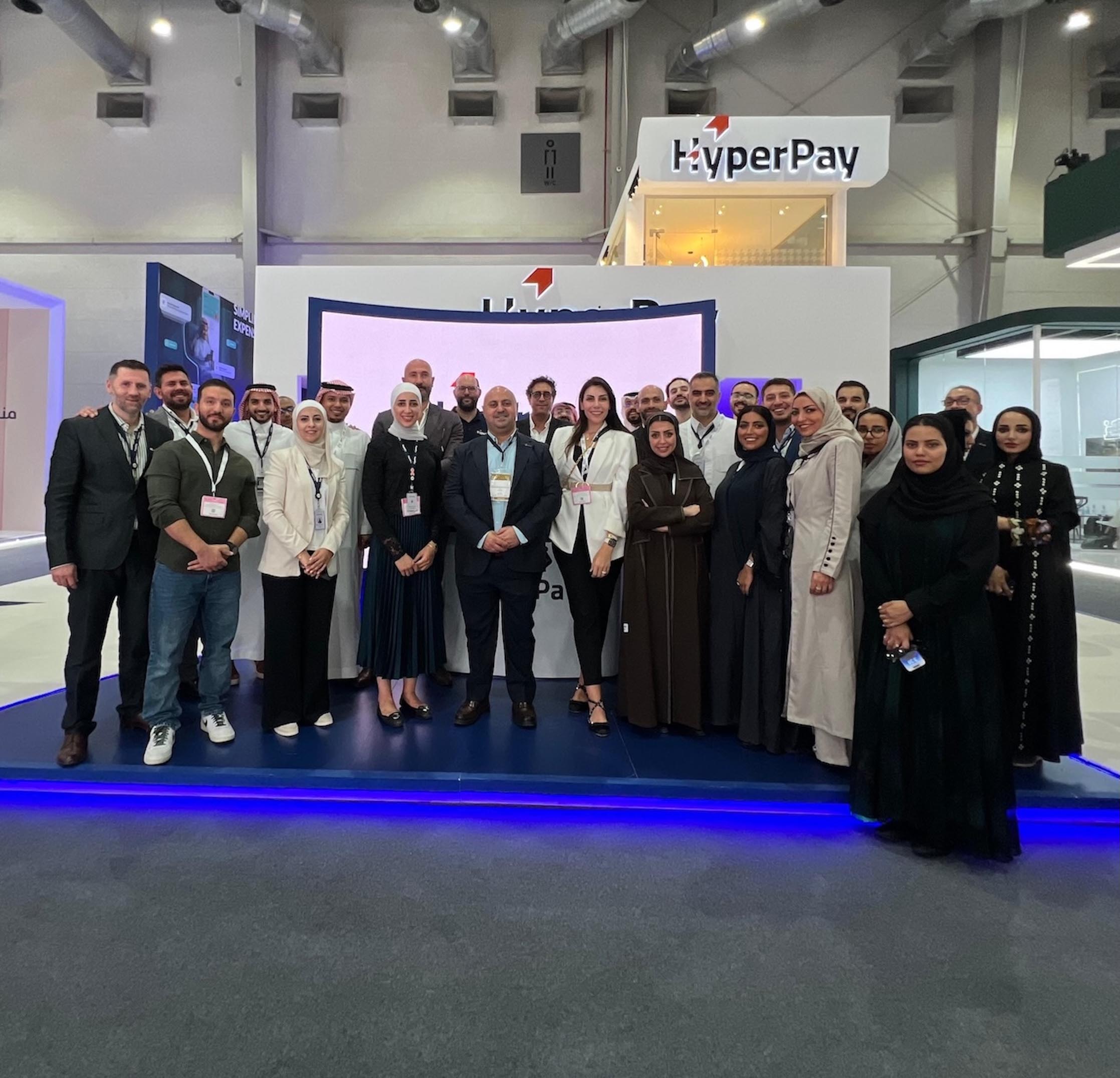Hospitality Advisory Council reviews Emiratisation efforts and explores mechanisms to sustain and build on Masfout’s recognition as 'World’s Best Tourism Village'
Latest Council meeting discusses efforts to develop a comprehensive and accurate database of jobs and national professionals in the sector

Abu Dhabi, 30 October 2025:
The Hospitality Advisory Council convened its fourth meeting of the year, chaired by H.E. Abdulla bin Touq Al Marri, Minister of Economy and Tourism. The meeting was attended by representatives from both the public and private sectors, including directors and heads of major national and international hotel establishments operating in the country. It explored ways to develop the UAE’s hospitality sector, enhance its competitiveness and appeal to national talent and quality investments, and strengthen public–private collaboration to ensure the sector’s sustainability and operational efficiency.
H.E. Bin Touq emphasized that the UAE has made significant strides in developing the hospitality sector as a cornerstone of its tourism development journey, driving economic diversification and supporting sustainable growth. He noted that the sector continues to deliver robust results, underscoring the country’s appeal as a preferred destination for visitors, thanks to its advanced infrastructure and world-class hospitality offerings.
H.E. said: “The Hospitality Advisory Council is focused on strengthening partnerships and integrating efforts across the public and private sectors to build a resilient and attractive business environment that drives sector growth. It also seeks to launch high-quality initiatives that enhance the sustainability of the UAE’s hospitality ecosystem. These efforts will help consolidate the UAE’s position as a leading hospitality destination, both regionally and globally.”
Furthermore, H.E. highlighted the selection of Masfout by UN Tourism as the ‘World’s Best Tourism Village 2025,’ describing it as the latest national achievement in this regard. He emphasized the importance of building on this success by extending the experience to include more villages and regions across the UAE, creating a model for developing sustainable rural tourism, preserving cultural and natural heritage, empowering local communities, and enhancing sustainability in the country’s tourism development.
The meeting reviewed mechanisms to support and sustain and build upon this national achievement, with the aim of enhancing the UAE’s global position in developing sustainable tourism destinations. This will be achieved by promoting the strengths that earned Masfout this award and by strengthening cooperation between the public and private sectors in this regard.
The Council also discussed Emiratisation efforts in the hospitality sector. Members reviewed programmes and initiatives aimed at increasing the participation of national talent across diverse roles, highlighting the national priority of engaging Emirati youth in hospitality, particularly in operations management and digital transformation.
In addition, the meeting highlighted efforts to develop a comprehensive and accurate database of jobs and national professionals, in collaboration with government and private sector partners. It discussed the implementation of practical training programmes that provide citizens with hands-on experience in hotel establishments, preparing a qualified generation of national talent to lead the sector in the future.
The meeting took place days ahead of the UAE–Africa Tourism Investment Summit in Dubai. The Council discussed the opportunities and capabilities offered by the Summit, particularly in engaging companies in joint hotel and hospitality initiatives between the UAE and African countries, as well as in boosting tourism flows to the country. These efforts are expected to reinforce the UAE’s position as a global hub for hospitality and sustainable tourism, strengthening its role as a key partner in building an international tourism ecosystem grounded in cooperation, innovation, and knowledge sharing.
-Ends-











